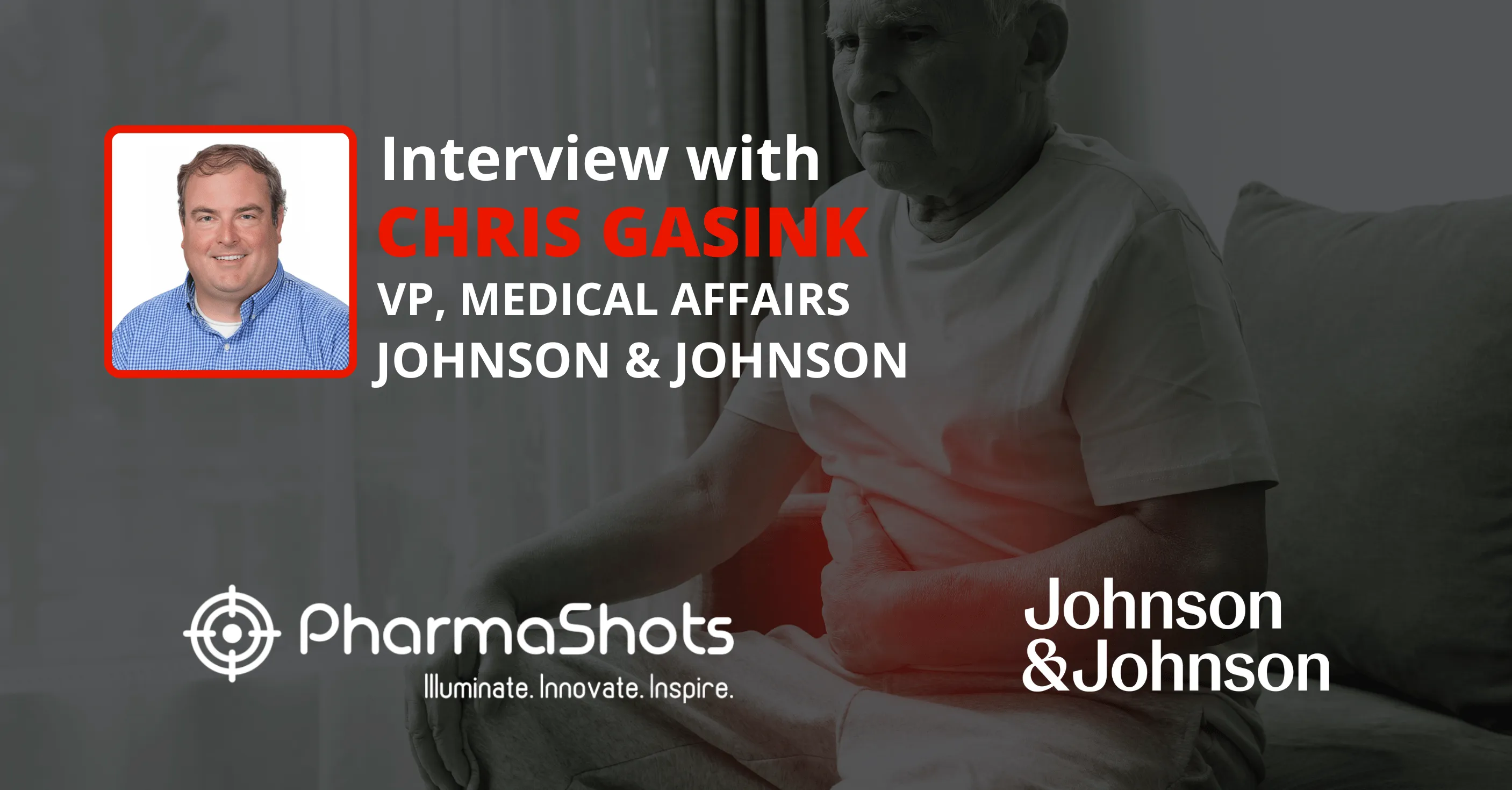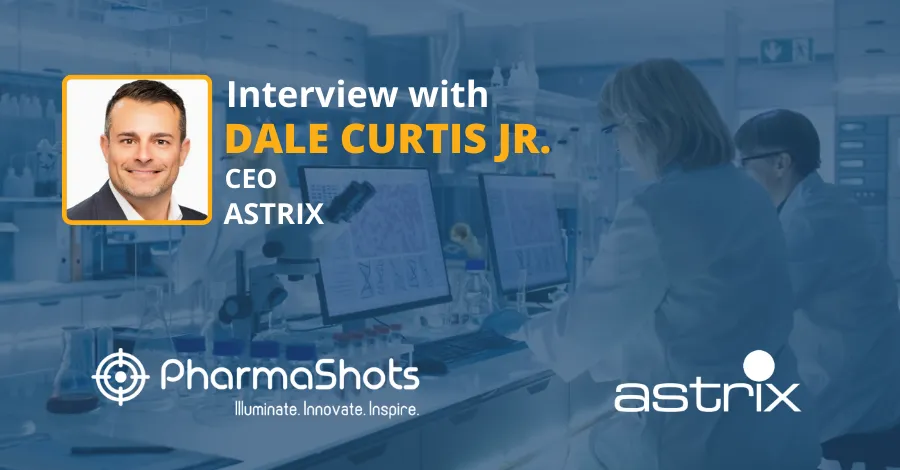
Advancing Cancer Therapy Delivery: Manojkumar Bupathy from Rocky Mountain Cancer Centers in Conversation with PharmaShots
Shots:
-
Addressing a high unmet medical need, PharmaShots had a riveting dialogue exchange with Manojkumar Bupathy from Rocky Mountain Cancer Centers
-
Manojkumar shared insights from the real-world study that analysed the treatment pattern and clinical outcomes in patients with locally advanced/metastatic urothelial carcinoma
-
The study reveals that four out of the ten patients received only immunotherapy, and more than half of the patients didn’t even receive the 2L therapy
Saurabh: Could you please provide a brief overview of EMD Serono and its involvement in the field of oncology, specifically the treatment of locally advanced metastatic urothelial carcinoma?
Manojkumar: EMD Serono has kind of been working for a long time in the advancement of many cancers and in bladder cancer, they've kind of led the forefront. We've initially seen the data from Javelin a few years ago that showed that there was an improvement in overall survival, so they’re focused primarily on advancing cancer care, and it's driven by the needs of patients. What’s being done in the study is aiming to really transform the delivery as well as therapeutic options for patients with advanced malignancies.
Saurabh: Can we talk about the study design, methodology, patient criteria, and other details of the analysis?
ManojKumar: This was a retrospective study that was using structured data in IKnowMed, which is electronic medical records system that's used primarily by U.S. oncology practices in order to identify the patients who had locally advanced or metastatic urothelial cancer and were receiving first-line therapy. We looked at patients who received this therapy from December 1st, 2019 to September 30th, 2020, with the goal of assessing overall survival and then looking at real-world progression free survival (PFS).
Saurabh: Can you explain the results of the analysis?
Manojkumar: We looked at a total of 500 patients who had locally advanced or metastatic disease and these patients had to have received first-line therapy and it should have been either carboplatin-based or cisplatin-based and were receiving immunotherapy in addition to their chemotherapy. The median follow-up for this was 9.2 months. The age at time of diagnosis was 74 years.
The first-line therapy treatments that patients could have received in general were immunotherapy by itself, chemotherapy by itself and/or they could have received chemotherapy, followed by maintenance immunotherapy. Among the patients who received chemotherapy plus immunotherapy, the median overall survival was 20 months for cisplatin and 18.4 months for carboplatin and the PFS was 9.6 months for cisplatin and 11.5 months for carboplatin.
In this study, there was a large number of patients who received immunotherapy by itself – about 40% of patients did not get chemotherapy followed by immunotherapy and there was a large number of patients who only received immunotherapy alone. We observed that in the real-world there was, at that time frame actually to be more specific, a lot of patients who were receiving immunotherapy by itself and the older patients were receiving only chemotherapy by itself, and there was actually a lot of patients who did not actually receive chemotherapy followed by immunotherapy maintenance. It really highlights that there is an unmet need that patients really should be receiving platinum-based chemotherapy followed by immunotherapy, as long as there is no evidence of progression, which is noted while they're on chemotherapy.
We noticed in our study that there was a large number of patients who did not actually get chemotherapy up front. So, in the real world, four out of 10 patients actually received only immunotherapy, and more than half of the patients who received first-line therapy actually did not receive second-line therapy, which really highlights that there needs to be better and more effective treatments in bladder cancer in general and also shows that that avelumab is a good option and is standard of care for patients who received chemotherapy and did not have progression of disease.
Saurabh: How does EMD Serono plan to utilize real-world data to optimize clinical data?
Manojkumar: It provides an opportunity for education. As I said, four out of 10 patients in our study did not actually receive chemotherapy and only received immunotherapy. More than half the patients actually didn't even make it to second-line therapy in itself versus patients who received chemotherapy followed by avelumab maintenance with a survival benefit, meaning they live longer, and they had the opportunity to go on to better therapies, should they need it.
EMD Serono can potentially use this information to say, “Hey, look, in the real world, it's really an unmet need and there needs to be a lot of education so that patients as well as practitioners understand that this is a very reasonable option and is now a standard of care therapy option.”
Saurabh: Can you discuss any upcoming developments or innovations to enhance the treatment of locally advanced metastatic urothelial carcinoma?
Manojkumar: There's a lot of studies that are looking at what do you need to do and how do you make treatments better, so there's been a number of topics that are being looked at – immunomodulatory agents as well as newer antibody drug conjugates, multiple combinations of these drugs as well as novel targeted therapies are being looked at. It's becoming more personalized, understanding the genomics of the cancer to figure out how to advance this – I mean HER2 is an evolving target that's being evaluated in bladder cancer.
Saurabh: How was the real-world treatment pattern different from clinical patient outcomes in patients with locally advanced metastatic urothelial carcinoma?
Manojkumar: In the clinical trial, there were more patients that actually received the combination. In the real-world, I don't think there were as many patients that are receiving chemotherapy followed by maintenance of avelumab and that was probably the biggest thing that we've understood.
Image Source: Canva
About the Author:

Manojkumar Bupathi
Dr. Bupathi is a board-certified medical oncologist and joined Rocky Mountain Cancer Centers in 2017. He specializes in solid tumors with an advanced subspecialty expertise in breast cancers and genitourinary cancers (adrenal, bladder, kidney, penile, prostate, and testicular). Dr. Bupathi is deeply committed to personalized care, always taking the time to listen and understand what matters to his patients. He is valued by his patients, peers, and colleagues for his excellent clinical judgment. He makes it a point to be well-prepared for patient visits by reviewing charts and consulting with colleagues and team members prior to appointments. His patients have his full attention and he is devoted to their best interests.
He participates in many tumor boards, where he collaborates with other cancer specialists including surgeons, radiologists, pathologists, and radiation oncologists. This allows him to provide a comprehensive, multi-disciplinary approach to cancer treatment recommendations such as chemotherapy, targeted therapies, and immunotherapies. Dr. Bupathi has a strong interest in the field of personalized medicine and how genomics and molecular pathways impact cancer treatment options. Dr. Bupathi is the Co-Chair for the US Oncology Genitourinary Cancer Research Program and serves as principal investigator for many Phase 1, Phase II, and Phase III studies. He emphasizes the importance of participating in clinical research trials whenever possible to ensure his patients are receiving the most up-to-date, cutting edge treatment for their disease.
In addition to Rocky Mountain Cancer Centers, Dr. Bupathi also sees patients for Phase I clinical research trials at Sarah Cannon Research Institute in Denver. Dr. Bupathi is available to see patients at Rocky Mountain Cancer Centers clinics in Aurora, Englewood, and Littleton Clinics as well as Sarah Cannon Research Institute in Denver.
Related Post: Redefining Care: Gunjan Sharma from The US Oncology Network in Conversation with PharmaShots
Tags

Saurabh is a Senior Content Writer at PharmaShots. He is a voracious reader and follows the recent trends and innovations of life science companies diligently. His work at PharmaShots involves writing articles, editing content, and proofreading drafts. He has a knack for writing content that covers the Biotech, MedTech, Pharmaceutical, and Healthcare sectors.














